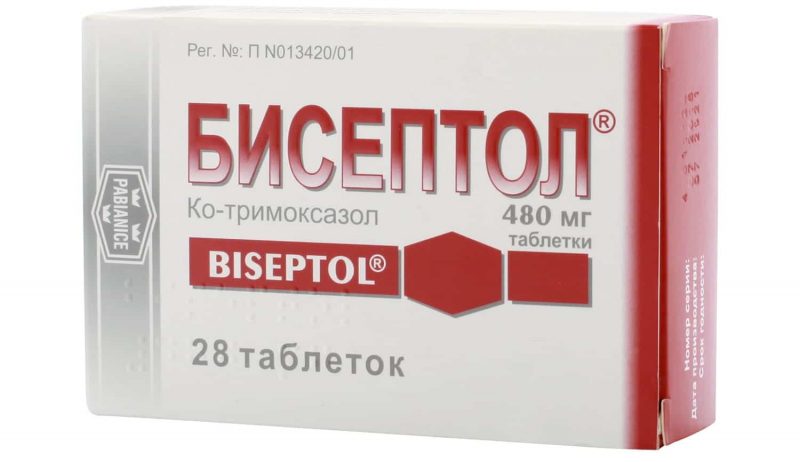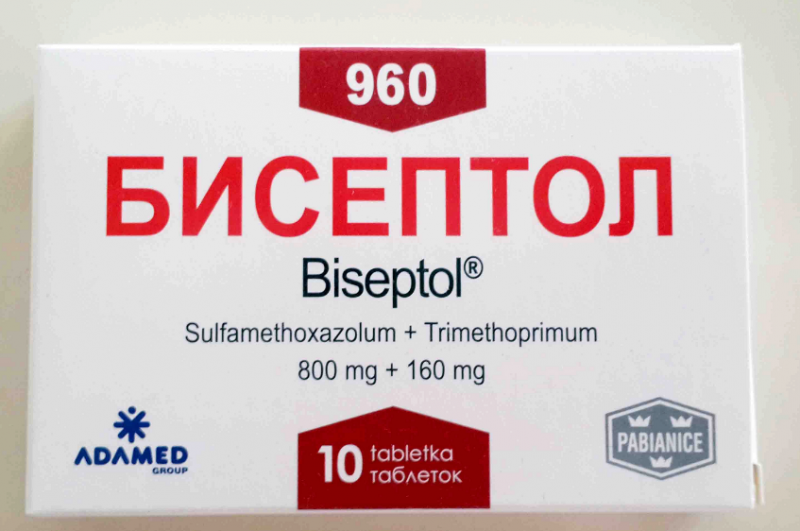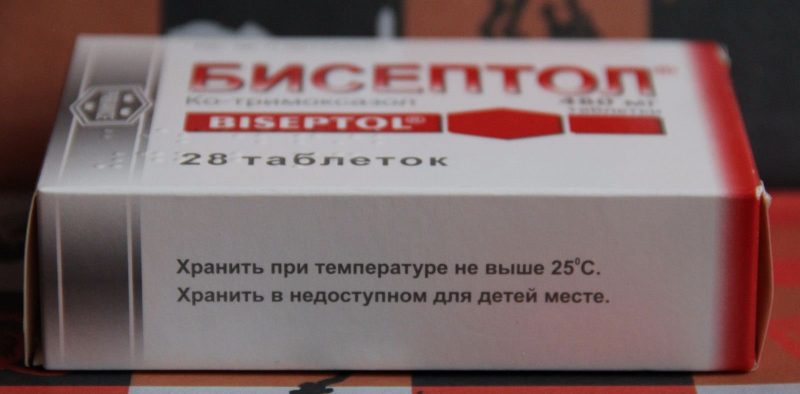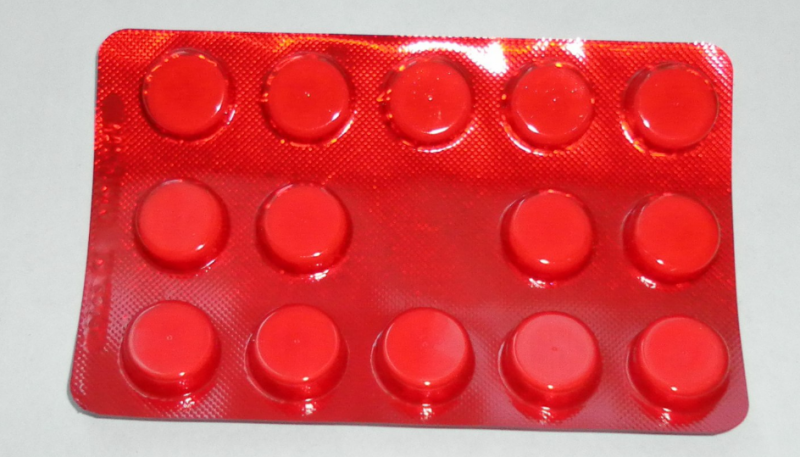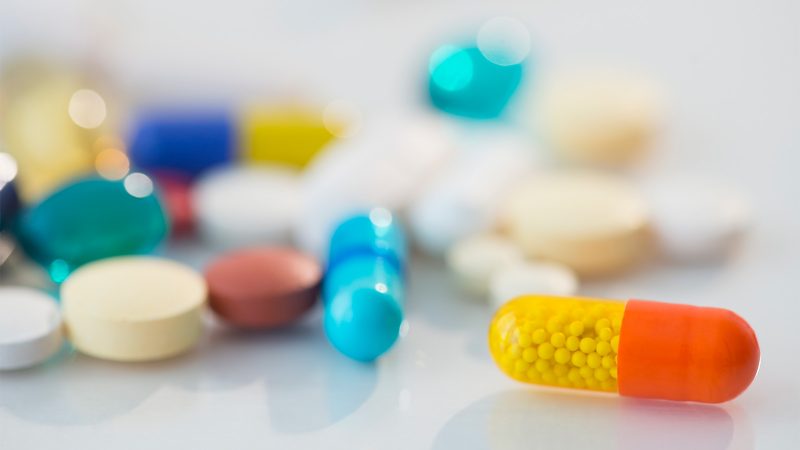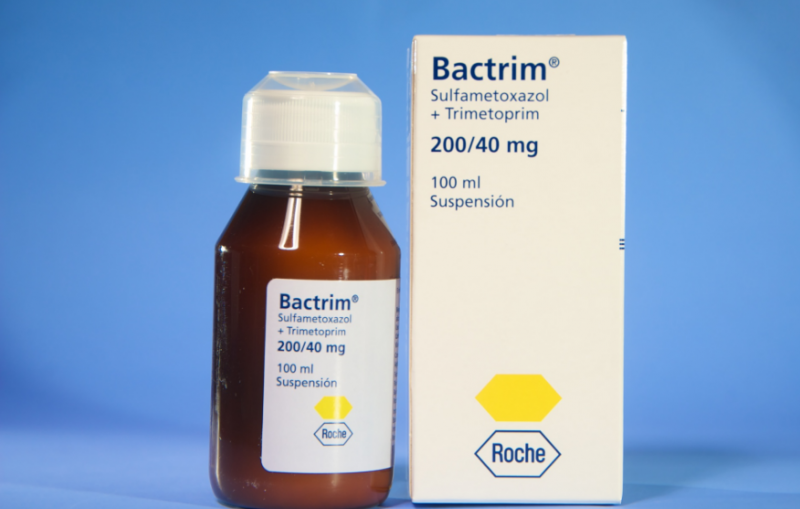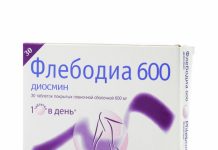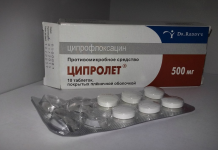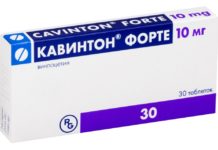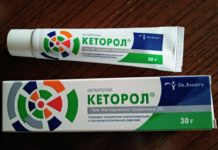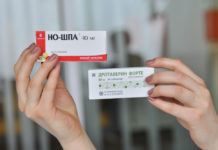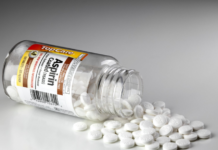Biseptol is a medication that belongs to the group of sudfanilamides. It contains two active substances - sulfamethoxazole and trimethoprim, due to which the agent has a wide spectrum of influence. However, some pathogens do not respond to it. Biseptol has several forms of release, which allows it to be used to treat pathologies with different localization. The medication is used to treat adults and babies from 3 months.
Material Content:
- 1 Description of the release form and composition
- 2 Pharmacological action, pharmacodynamics and pharmacokinetics
- 3 What helps Biseptolum
- 4 Instructions for use and dosage for adults and children
- 5 During pregnancy and lactation
- 6 Alcohol compatibility
- 7 Drug interaction
- 8 Contraindications, side effects and overdose
- 9 Analogs of Biseptol
Description of the release form and composition
Biseptol is a combined remedy, in its composition there are two active substances. This allows the medication to withstand more microorganisms. In addition to the main components, the medicine contains auxiliary components that give shape, color, taste, etc.
Biseptol is available in three different forms:
- Biseptol tablets 480 mg, 120 mg or 960 mg;
- a suspension of Biseptol 100 ml or 200 ml (48 mg per 1 ml);
- concentrate for a solution of 480 mg.
In each of them, sulfamethoxazole and trimethoprim are present. Their ratio in a tablet, suspension or solution is 5 to 1. That is, 100 mg of the first, 20 mg of the second.
The auxiliary composition depends on the specific manufacturer and the form of Biseptolum:
- tablet - starch, magnesium stearate, talc, propylene glycol;
- suspension - sodium hydrophosphate, maltitol, distilled water, cellulose, sodium salt, citric acid, strawberry flavor.
- concentrate for parenteral administration - propylene glycol, ethyl and benzyl alcohols, water for injection, disulfite and sodium hydroxide.
Pharmacological action, pharmacodynamics and pharmacokinetics
The antibiotic Biseptol consists of two components, the union of which in pharmacology is called co-trimoxazole. It is active against a large number of pathogenic microorganisms related to both gram-positive and gram-negative groups.
The drug has a bactericidal effect, blocking the metabolism in pathogenic cells, due to which the bacterium soon dies.
It is useless to use an antibiotic to fight infections caused by leptospira, Koch's bacillus (tuberculosis), spirochetes, Pseudomonas aeruginosa or viruses. Biseptol practically does not affect the vital activity of these microorganisms, since they have developed resistance to co-trimoxazole.
The medicine is successfully used to treat diseases that were caused by:
- staphylococci;
- streptococci;
- Escherichia coli;
- chlamydia
- gonococci;
- salmonella;
- dysentery stick;
- leishmania;
- Klebsiella;
- meningococcus.
And they are also used during treatment of cholera, typhoid fever, diphtheria and various mycoses (fungal infections of organs).
The antimicrobial effect of the drug is based on a double blocking effect on the vital processes of the pathogenic bacterium. Sulfamethoxazole stops the production of folic acid in bacterial cells, and trimethoprim prevents the restoration of normal metabolism and prevents the already synthesized acid from turning into other substances.
After oral administration, Biseptol is rapidly absorbed in the gastrointestinal tract and enters the bloodstream. The maximum concentration of active substances in the bloodstream can be observed after 1–2 hours, and it remains 7–8 hours. The drug is distributed throughout the body, the largest amount of it settles in the lung tissue and kidneys. The bulk is excreted in the urine, after a day, 50-60% of the active components of Biseptol are excreted from the body.
What helps Biseptolum
Indications for the use of Biseptol is the treatment of bacterial pathologies that were caused by microorganisms sensitive to the antibiotic. Infectious lesions may differ in the location and severity of symptoms. With a mild illness, tablets and suspensions are used, in severe forms, the drug is administered intravenously.
When Biseptol is prescribed:
- damage to the organs of the respiratory system - purulent formation (abscess or empyema) bronchitis, pneumonia;
- skin problems - bacterial dermatitis, mycosis, pyoderma, leishmaniasis;
- otitis media, inflammation of the sinuses;
- gonorrhea of various localization;
- gastrointestinal tract infections - cholera, typhoid, diarrhea of unknown origin, dysentery;
- damage to the genitourinary organs - pyelonephritis, glomerulonephritis, cystitis and urethritis, inflammation of the uterus, prostatitis.
Do not self-medicate, because improper use of antibacterial and sulfanilamides leads to the development of resistance in bacteria. In the future, this may provoke the emergence of superinfection, which will not respond to treatment, since pathogenic microorganisms will lose sensitivity to antibiotics.
Instructions for use and dosage for adults and children
Suspension Biseptol for children with uncomplicated pathologies is taken at 30-40 mg of active substances per 1 kg of weight during the day.
- Up to six months - 2.5–3 ml;
- From 1.5 g to 3 years - up to 5 ml;
- From 3 to 12 years - no more than 10 ml;
- After 12 years - 20 ml.
The medicine should be used twice a day with an interval of 12 hours. The duration of therapy ranges from 10 days to 2 weeks, with shigellosis usually decreases to five days.When prescribing to patients who have problems with the functioning of the kidneys, the dosage should be reduced by half.
For older children and adults, it is more convenient to prescribe Biseptolum in tablet form. The drug is taken 2 times a day after meals and washed down with a small glass of water.
Standard treatment regimen:
- Up to five years - 240 mg each;
- From 6 to 12 years - a single dose is doubled (480 mg each);
- After 12 years - 960 mg at a time.
In severe cases of the disease, it is allowed to increase a single dose of the substance, but not more than 50%. With pneumonia, the intervals between doses are halved.
With the development of severe infectious lesions, parenteral administration of the drug is prescribed. Biseptol Concentrate is diluted immediately before use. The solvent may be glucose, isotonic sodium chloride solution, special water for injection.
The instructions for use indicate the average dosage. The attending physician selects the exact treatment regimen individually, based on the anamnesis, examination data and patient response to the drug.
During pregnancy and lactation
Biseptol is forbidden to use for the treatment of pregnant women, since it penetrates the transplacental barrier and negatively affects the development of the fetus.
And it is also not recommended to drink the medicine during breastfeeding. Co-trimaxazole enters the milk, and with it into the baby’s body, and “kills” the entire microflora. Feeding can be resumed no less than two days after the last dose of Biseptolum.
Alcohol compatibility
Biseptolum, like other medications, is absolutely incompatible with alcoholic beverages. In the best case, the simultaneous use of alcohol and co-trimaxazole will reduce the effectiveness of the drug and worsen the hangover. At worst, it will cause malfunctions in the body and severe consequences.
Symptoms that occur after drinking Biseptolum with alcohol:
- sudden changes in blood pressure - from hypertensive crisis to collapse;
- painful cramps throughout the body;
- hyperthermia;
- epileptic seizures.
To avoid unpleasant symptoms, drinking alcohol is permissible no earlier than a day after the last ingestion of the drug into the body.
Drug interaction
Biseptol is not able to interact not only with alcohol, you need to be careful with the simultaneous use of certain medications:
- drugs that lower blood sugar - increased hypoglycemic effect;
- thiazide diuretics - a decrease in the number of platelets in the blood, the appearance of bleeding;
- Warfarin - strong blood thinning;
- Rifampicin is a longer period of elimination of Biseptolum from the body.
It is important to inform your doctor about the medications the patient has taken recently before starting treatment. This will help you choose the right therapy and determine the dosage.
Contraindications, side effects and overdose
Biseptol has an effect not only on pathogenic bacteria, but also on the patient’s whole organism. Therefore, in some conditions, taking it is contraindicated. Otherwise, the patient's health can only worsen.
It is not recommended to prescribe a medicine if there is a history of:
- severe liver dysfunctions;
- malfunctions in the urinary system;
- improper hematopoiesis, lack of any blood elements;
- during the period of bearing a child, lactation;
- individual intolerance;
- the patient's age is less than 3 months;
- severe pathologies of the heart or blood vessels, impaired blood flow.
Due to non-compliance with the rules of administration or with increased sensitivity of the patient, Biseptolum can cause the development of adverse reactions. If they appear, you should stop taking the medicine and consult a doctor. Usually, after drug withdrawal, everything goes away on its own, without medical intervention.
Symptoms can occur from different organs and systems:
- gastrointestinal tract - vomiting, upset stool, hepatitis caused by stagnation of bile;
- hematopoiesis - passing thrombocytopenia, anemia, a decrease in the number of leukocytes;
- CNS - migraine, depression, dizziness;
- allergies - Quincke's edema, anaphylactic shock;
- kidneys - disseminated blood in the urine, jade.
In case of an overdose of Biseptolum, the patient complains of severe nausea, vomiting (may be a "fountain"), confusion, disorientation. Help is to discontinue the drug and conduct detoxification therapy - gastric lavage, siphon enema, forced diuresis, the appointment of calcium folinate.
Analogs of Biseptol
Analogs of Biseptol are funds that can be taken instead of the original purpose, if, for example, it is not in the pharmacy.
These include:
- Bactrim;
- Biseptazole;
- Bi-Tol;
- Oriprim;
- Triseptolum;
- Soloseptol.
Medicines may vary in composition, but have the same effect on the body. Before replacing Biseptol, it is recommended to consult a specialist.


